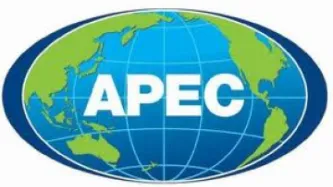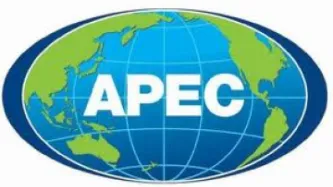Search
Content type: Long Read
Written by Eva Blum-Dumontet
A recent case of lèse-majesté in Thailand (speaking ill of the monarchy) is a worrying example of how Western companies do not just work with governments that fall short of international human rights standards, but can actually facilitate abuses of human rights.
Our investigation on the trial of Katha Pachachirayapong — accused of spreading rumours on the ill-health of the King Bhumibol Adulyadej, thereby causing sharp falls in the Thai stock market — reveal the…
Content type: News & Analysis
Nigel Waters attended the APEC DPS meeting in Jakarta as an invited guest. He has previously either formally represented Privacy International or been a part of the Australian delegation. He continues to bring a critical civil society perspective to bear on the APEC privacy work.
The APEC Cross Border Privacy Rules (CBPR) system has moved one step closer to full operation with the acceptance in January 2013 of Mexico as the second participating economy. The United States was accepted in July…
Content type: News & Analysis
APEC privacy activity has passed another milestone with the acceptance in July 2012 of the USA as the first economy to formally join the cross border privacy rules (CBPR) system. The CBPR Joint Oversight Panel (JOP), with the Canadian chair of the Data Privacy Subgroup (DPS) standing in for the US member in accordance with the ‘no conflict of interest’ provisions, accepted the US government application, which nominated the Federal Trade Commission (FTC) as the privacy enforcement authority…


